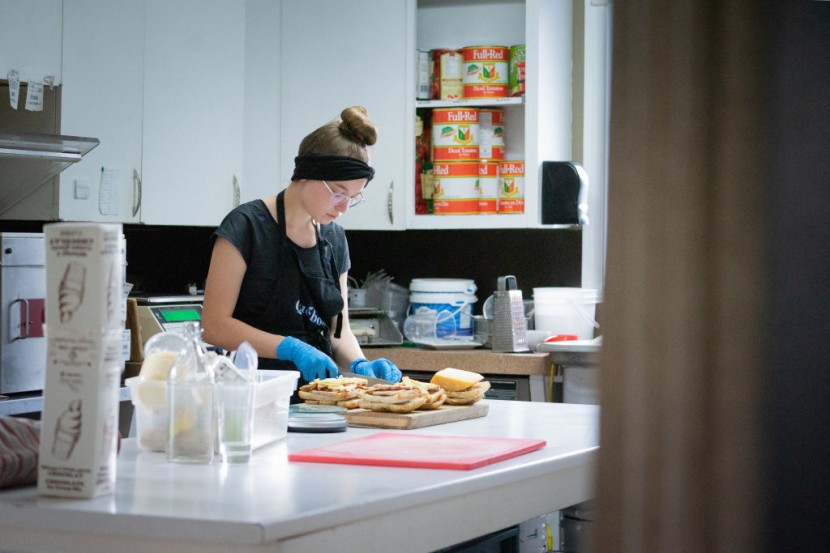
The United Nations' International Organization for Migration, partnered with the International Labor Organization and the Walk Free Foundation, estimated that roughly 50 million people are entrapped in what they call "modern slavery."
The term modern slavery refers to a spectrum of exploitative practices such as forced labor, forced marriage, and human trafficking. As of last year, 50 million people were estimated to endure such conditions, with some form of modern slavery existing in nearly every country in the world.
Modern Slavery
The authors of the report said that although modern versions of enslavement appear slightly different from historical examples the two are interconnected. The founder of the Walk Free Foundation, Grace Forrest, said, "In a number of ways, slavery has adapted and changed and shape-shifted, but exploitation is still occurring on an unprecedented scale."
The global estimates were the result of the surveying of tens of thousands of survivors of modern slavery in more than 68 countries along with research. Many of the individuals characterized as being modern slaves endure conditions such as forced labor, which is being employed but unable to quit because their employer withholds their earnings, they owe a debt to their employer, or for migrants, their employer threatens deportation, as per NPR.
Last year, an estimated 28 million people were reportedly working under forced labor conditions, an eighth of whom were children. The report noted that the majority of cases were found in the private sector, while in about 14% of cases, governments imposed work requirements as a form of punishment, among other reasons.
But the report discovered the greatest prevalence of forced labor in Arab countries, followed by Europe and Central Asia. An estimated 22 million people were living in forced marriages in 2021, according to the findings. The number of people who wed involuntarily grew by 6.6 million compared to 2016.
According to Aljazeera, the report comes as the UN had set a goal to eradicate all forms of modern slavery by 2030. However, the number of people caught up in forced labor or forced marriage ballooned by 10 million from 2016 to 2021.
Worsening Conditions
Furthermore, the coronavirus pandemic exacerbated the situation due to worsening conditions and swelled debt levels for many workers. The health crisis also caused armed conflicts and climate change, leaving people in extreme poverty and forcing more to migrate from their home countries.
ILO Director-General Guy Ryder said, "I think, by and large, that we simply relaxed our efforts. We've taken our eye off the ball when it comes to forced labor." He called for improvements in recruitment practices and labor inspections to combat the issue.
Ryder added that trade measures, such as a ban on products and imports made with forced labor currently under review by the European Union, could help immensely. More than half of modern slavery cases involving forced labor and a quarter of forced marriages occured in upper-middle-income or high-income countries.
He added that governments will not be able to fix the problem alone, saying that international standards provide a sound basis and that an all-hands-on-deck approach is needed. Ryder noted that trade unions, employers' organizations, civil society, and ordinary people all have critical roles to play to remove modern slavery, Axios reported.
Related Article:
© 2026 HNGN, All rights reserved. Do not reproduce without permission.








